Premium Only Content
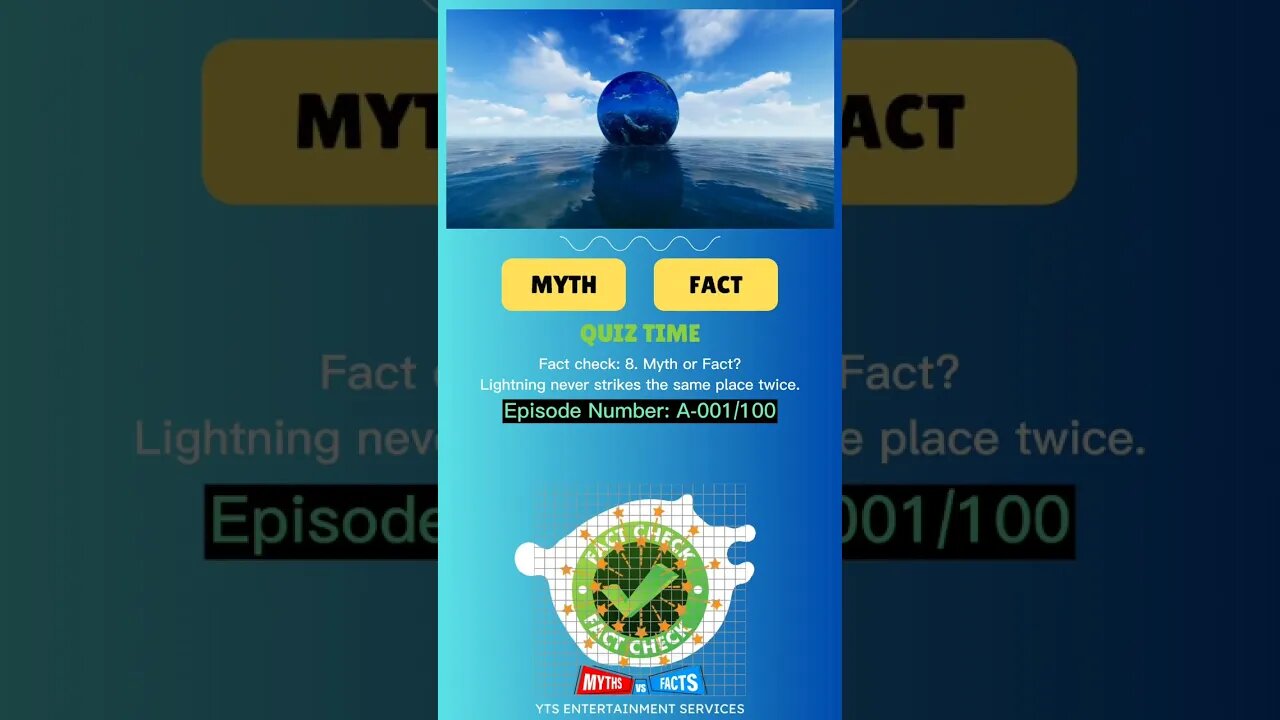
"Facts Expedition: Journey to Truth and Knowledge" - A001.
"Unveiling Truth: The Vital Significance of Distinguishing Facts from Myths in a Complex World"
Understanding the distinction between facts and myths is a fundamental aspect of critical thinking and informed decision-making in today's information-driven world. As we navigate through a vast sea of information, it is imperative to be able to discern between accurate, evidence-based information and unsubstantiated claims or beliefs. This ability has far-reaching implications that span across education, science, society, and personal growth.
At the heart of this importance lies the concept of truth and accuracy. Facts are objective realities that can be verified through empirical evidence and rigorous research. They provide a solid foundation upon which knowledge is built. Myths, on the other hand, are often rooted in cultural beliefs, traditions, or misconceptions that lack credible evidence. Distinguishing between the two is crucial for ensuring that our understanding of the world is based on reliable information rather than unfounded notions.
In the realm of education, the ability to discern between facts and myths equips individuals with the tools necessary to become lifelong learners. When students are encouraged to question and critically evaluate information, they develop strong analytical skills that extend beyond the classroom. This skillset empowers them to navigate a rapidly changing landscape of information, adapt to new technologies, and make well-informed decisions in various aspects of life.
In the realm of science, the demarcation between facts and myths is paramount. Scientific progress is driven by the pursuit of truth through systematic observation, experimentation, and peer review. Embracing factual information and rejecting myths is what propels scientific discoveries forward. An understanding of this demarcation ensures that society benefits from accurate knowledge, leading to advancements in medicine, technology, and our overall understanding of the natural world.
The societal impact of discerning facts from myths is profound. Misinformation can spread quickly through various media channels, influencing public opinion, policy decisions, and even causing harm. The rise of the internet and social media has amplified the spread of false information, making it essential for individuals to critically evaluate sources, cross-reference information, and differentiate between credible data and sensationalized content. By honing these skills, individuals can actively contribute to a more informed and responsible society.
Health and well-being are areas where the consequences of failing to distinguish between facts and myths can be particularly dire. Misinformation about medical treatments, diets, and health practices can lead to poor decisions that jeopardize individual health and safety. A clear understanding of evidence-based information is crucial for making informed choices that positively impact personal and public health.
Furthermore, historical and cultural understanding hinges on separating facts from myths. The narratives that shape our understanding of the past are often intertwined with mythological elements. By critically examining historical claims and distinguishing between factual events and embellished stories, we gain a more accurate perspective on the cultures and societies that have shaped human history. This enables us to celebrate cultural diversity while also acknowledging the importance of reliable historical records.
Personal growth and intellectual development are intimately linked to the ability to discern facts from myths. Engaging with accurate information fosters a deeper understanding of the world and encourages curiosity. When individuals actively seek out factual knowledge, they broaden their horizons, challenge preconceived notions, and cultivate a more open-minded and empathetic worldview. This, in turn, contributes to meaningful personal growth and the development of a well-rounded, informed individual.
In conclusion, the importance of knowing the difference between facts and myths cannot be overstated. It is a skill that empowers individuals to navigate the complexities of the modern world with confidence, to contribute meaningfully to society, and to make well-informed decisions that positively impact their lives and the lives of others. By honing the ability to critically evaluate information, individuals uphold the principles of truth, accuracy, and rational thinking, fostering a more enlightened and progressive global community.
-
 30:32
30:32
The Why Files
9 days agoOperation Prato | Alien Vampires of the Amazon
38K46 -
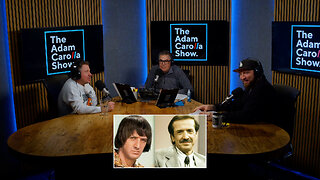 33:23
33:23
Adam Carolla
4 hours ago $9.33 earnedBorder Patrol Agent in Hot Water & Whoopi’s Dumbest Take Yet | The Adam Carolla | #news
25.5K8 -
 2:41:35
2:41:35
TimcastIRL
8 hours agoUSAID Orders Staff To SHRED & BURN ALL Documents, Deep State COVER UP w/Bubba Clem| Timcast IRL
185K81 -
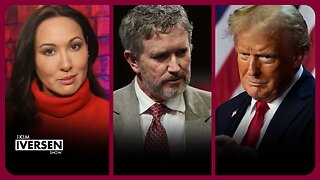 1:45:39
1:45:39
Kim Iversen
11 hours agoTrump Attacks Thomas Massie—But MAGA Isn’t Having It! Is Trump Picking the Wrong Fight?
74.4K144 -
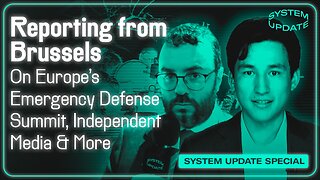 56:31
56:31
Glenn Greenwald
10 hours agoUNLOCKED EPISODE: On Europe’s Emergency Defense Summit, the Future of Independent Media, Speech Crackdowns and More
124K54 -
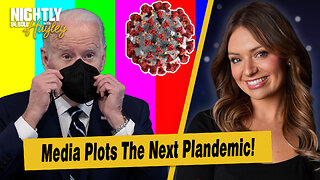 43:48
43:48
BonginoReport
12 hours agoMainstream Media Plots The Next Plandemic! (Ep.02) - 03/11/2025
164K305 -
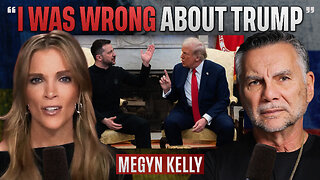 1:13:13
1:13:13
Michael Franzese
11 hours agoMegyn Kelly’s UNFILTERED Take on The Ukraine War, Trump & Modern Masculinity
122K51 -
 1:43:21
1:43:21
Redacted News
12 hours agoBREAKING! UKRAINE AGREES TO CEASEFIRE WITH RUSSIA... BUT THERE'S A BIG CATCH | Redacted News
208K349 -
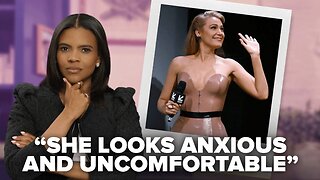 58:17
58:17
Candace Show Podcast
13 hours agoShould We Feel Bad For Blake Lively? | Candace Ep 157
174K355 -
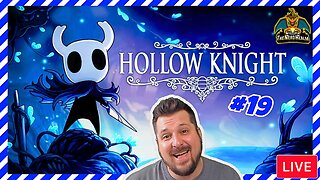 3:06:52
3:06:52
The Nerd Realm
14 hours ago $13.85 earnedHollow Knight Voidheart Edition #19 | Nerd Realm Playthrough
103K5